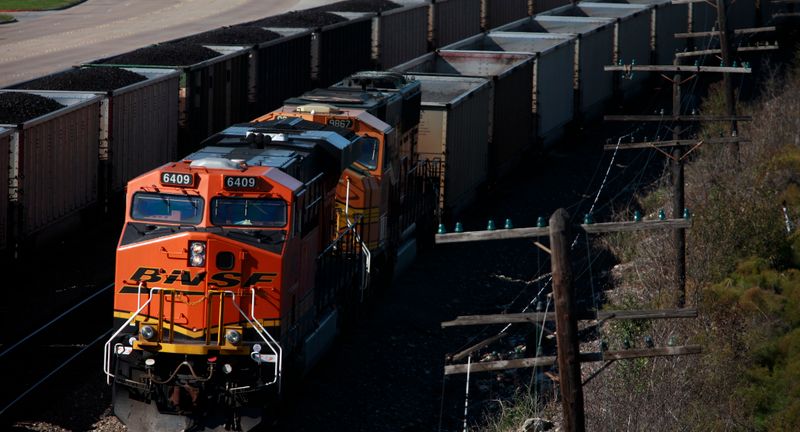BNSF Railway has announced plans to invest over US$1.5 billion in a new rail complex, west of Barstow, named the Barstow International Gateway.
The complex will be an approximately 4,500-acre new integrated rail facility. It will consist of a rail yard, intermodal facility, and warehouses for loading freight from international containers to domestic containers.
Expectations for the Barstow International Gateway rail complex
The facility will enable direct container transfer from ships to trains for transportation. The containers will be staged and formed onto trains going east via BNSF’s network across the country.
Once they arrive at the Barstow International Gateway, they will be processed using technology powered by clean energy. In the same manner, westbound freight will be handled at the facility. As a result, this will speed up the delivery of trains to the ports and other California terminals.
Also read: US$ 143M “Rail to Rail” Project breaks ground in Los Angeles, California
The local government gave the go-ahead to a private investment company in August to build a port facility. The facility in the Mojave Desert will serve as a “relief valve” for traffic in Los Angeles and Long Beach. In an effort to decrease truck traffic, the Port of Long Beach and the Utah Inland Port Authority, on the other hand, collaborated with Union Pacific.
Significance of the facility
The Barstow International Gateway will increase regional and nationwide rail and distribution efficiency. Additionally, it will lessen truck traffic and road congestion in the Los Angeles Basin and the Inland Empire.
Moreover, the complex will enable more effective freight transfers directly between ships and rail. This will be crucial in enhancing the efficiency of the current intermodal hubs, such as those in the Midwest and Texas, as well as increasing container removal rates from ports and network-wide rail fluidity.
According to Katie Farmer, President, and CEO of BNSF, the facility will also have a significant beneficial economic impact, including the development of new, local railroad employment.

Leave a Reply